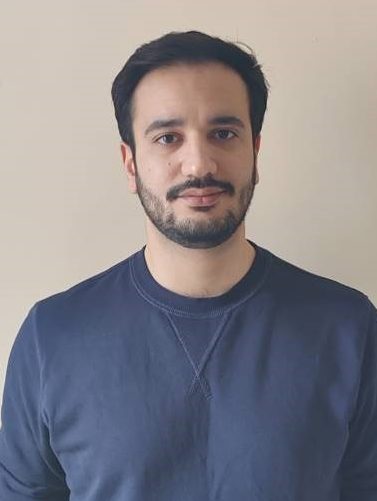INVITATION TO INTRODUCTORY LECTURE
Exploring the World of Lucid Dreaming Research
by Dr Achilleas Pavlou, Lecturer in Psychology and Clinical Communication Skills, University of Nicosia Medical School
This lecture will describe lucid dreaming (LD), a distinct neurophysiological and phenomenological dream experience wherein the dreamer gains insight into the fact that they are dreaming. This awareness can be passive or active and enables the dreamer to exert volitional control of their dream actions/environment. I will cover the individual characteristics associated with lucid dreaming frequency, induction techniques, the potential applications of lucid dreaming. The lecture will finish off by describing the key findings from my PhD thesis.
While LD is considered a rare-occurring phenomenon of dream sleep, a recent meta-analysis estimated that about 55% of the population has experienced at least one LD in their lifetime and that 23% experience at least one LD in a month which indicates that the capacity to LD is widespread. Importantly, LD research has demonstrated a slew of potential scientific (e.g., cognitive, consciousness and mental disorder research) and therapeutic applications (e.g., for Post-Traumatic Stress Disorder).
To explore all the potential applications of LD, various LD induction techniques have been proposed and tested such as cognitive, external stimulation and psychopharmacological approaches. A particular focus of the lecture will be to discuss external stimulation techniques (ES). ES techniques present stimuli (e.g., auditory, light or tactile) during REM sleep with the aim of incorporating them into the dream content to alert the dreamer that they are dreaming. Up to now, ES techniques have some challenges (including other types of techniques) and varying degrees of incorporation and LD induction success. The work done for my PhD thesis culminated in the development of a novel ES technique which uses machine learning algorithms in order to adjust certain stimulation parameters to the individual and improve LD induction rates

ABOUT THE SPEAKER
Dr Pavlou earned a BSc in Computer Science from the University of East Anglia, UK and then obtained a BSc in Psychology, an MSc in Cognitive Neuroscience and a PhD in Cognitive Science / Neuropsychology from the University of Essex, UK. His research interests are in the fields of cognitive neuroscience, sleep science and the application of machine learning in the health sciences.
He is particularly interested in using machine learning algorithms to track, diagnose and predict variables of interest in the medical/neuroscience field. Furthermore, he is passionate about the science of lucid dreaming and its potential applications in cognitive science, consciousness research, therapy (particularly for the treatment of Post-Traumatic Stress Disorder) and motor skill enhancement/motor rehabilitation. His PhD thesis investigated a novel protocol for inducing lucid dreams through acoustic stimulation that was powered by machine learning algorithms.


